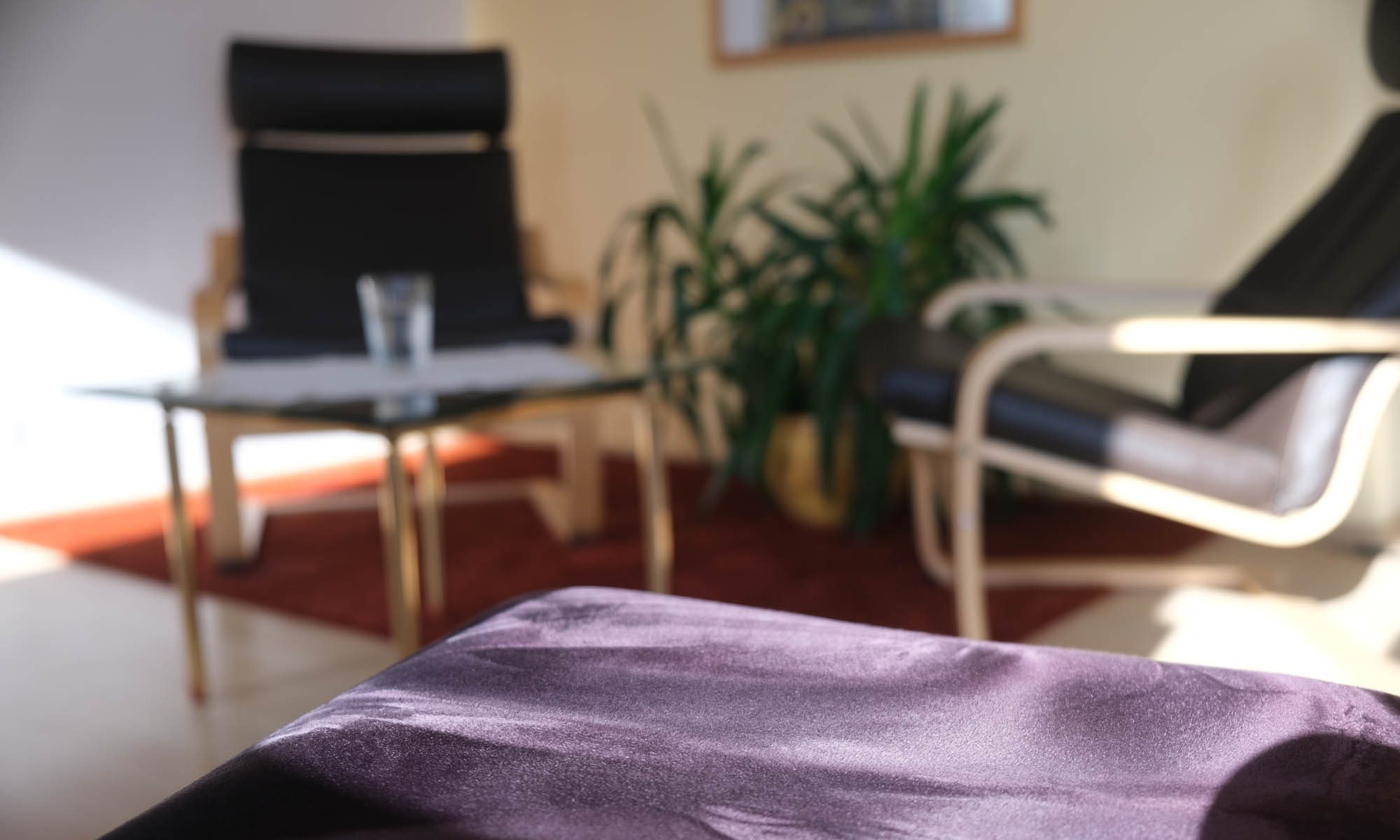
Breaking bad habits
Do you know the feeling of eating past the point of comfortable fullness? Using food to stuff down the frustration of a dysregulated nervous system? Having a glass of wine or two is also often a habitual response after a stressful day of work and easily becomes a default reaction. Or, staying up too long, spending time on things that don’t do you any good. Other bad habits can easily be found. Stop! This blog entry isn’t about dwelling on bad habits but about breaking them.
Let’s have a look at our brain
I’d like to share with you what I’ve read in the magazine Psychologies, June 2023, about our brain and how to lose bad habits – a very powerful article, so I find. ‘We only have a limited amount of energy each day, and it’s our brain’s primary objective to ensure that we have sufficient energy in the right place, at the right time, so that it can meet our body’s demands. This is called our body budget, and certain things we do replenish this energy, and other things we do deplete this.’ I’ve already mentioned some depleting habits. We’ll come to the replenishing ones a bit later. Let’s go on with getting a better understanding of our brains and thus our habits first.
Our brains only have limited resources. So, if we indulge in depleting habits, our brain has to decide how to allocate its limited resources. As a consequence we might be left without sufficient energy to meet some of our body’s most basic needs. No wonder we’re feeling exhausted and might become ill. The thing is our brain isn’t automatically programmed to do the right thing by us. Why is that? If it always had to process all the things that are thrown at it in real time, it would collapse. Our brain neither has the time nor the capacity to do so. As a result, it is proactive rather than reactive, and it predicts what will happen next. How? Based on past actions.
Automatisms save energy
Let’s say you have developed a habit of eating sweets (= past actions) when being stressed. When we eat sweet foods the brain’s reward system gets activated. Our brain then associates sugar with feelings of happiness and when done repeatedly a routine is established which gradually leads to an automatism, finally regulated by our subconscious mind. So, every time you’re feeling stressed, you will have a craving for sweets.
It is much more energy efficient for our brains to look for the path of least resistance which uses up the least energy than having to make decisions every time when faced with choices. The path of least resistance is based on our past actions, the familiar. This is why old habits die hard.
You will be thinking now that there must be something we can do about it. And you’re right.
Our brains’ impressive capacity to adapt
The answer lies in the neuronal plasticity of our brains, ‘… the brain’s ability to change and adapt because of experience. Research has demonstrated that the brain continues to create new neural pathways and alter existing ones in response to changing experiences.’ (tutor2u)
In other words: ‘We have to create new experiences in our brains of what we do want, for it to draw on in the future.‘ (Psychologies) The new experiences we create have to become a new habit, so that neural pathways are created. New habits to fall back on to knowing that our brain reacts proactively, predicting future actions.
Look on the bright side
Professor Samuele Marcora, a certified sports scientist & exercise physiologist, researches the importance of the brain and perceived effort on performance. In an experiment he had two groups of test teams who were to ride a bike as long as possible. They were shown, for milliseconds, displays of faces. One group with smiling ones, the other one with sad ones. The group who were shown the smiling faces did better and perceived the physical strain as less hard. What makes it special: None of the participants were able to consciously register the faces. (Podcast: Prof Marcora and the Psychobiological model of endurance performance)
When there’s no smiling face around you, put on a smile yourself. 🙂
It’s not all plain sailing
Sounds good? It does but let’s be realistic, it takes time and effort to change old habits. It’s often easier to fall back onto old habits although we know they don’t do us good. Why is that? Because they often guarantee instant gratification in contrast to the new ones which need to develop first and create pathways in our brain, that takes time.
But it’s the good habits which will give us energy and long-term health. Being patient pays off in the end. But how can we get there?

Breaking bad habits
- Have everything prepared
Let’s say you want to swap your habitual glasses of wine after work for a glass of water. Have everything ready waiting for you, invitingly arranged to please your eyes, so that you don’t automatically fall into this habit of yours when you finish work but think first before reacting on autopilot. Everything should be waiting in place for you, so that taking the first step into a new direction should be as easy as possible. Having everything organised in advance also means using up less energy for your brain which it can make better use of otherwise.
When you prepare the glass of water, do so consciously and imagine how it replenishes your energy level. The more you’re focused on what you’re doing, the better your brain can use this information for future predictions in your interest. And keep repeating; this is how new pathways are created.
- Positive self-talk – with understanding & compassion
We’re all not perfect, we’re bound to fall back into old habits, that’s pretty normal especially when adversity strikes. Emotions can both enhance and interfere with changing habits depending on which ones we are driving or colouring the experience. On the flipside, we know from research that positive emotions contribute to successful and sustainable results.
So, rather than beating yourself up, be your own cheerleader by speaking to yourself in encouraging, kind and reinforcing ways. Prof Samuele Marcora advises his athletes to give themselves a positive self-talk. They will then perceive the physical challenges as less exhausting. Also to run with a smile on their faces.
Your energy level will be replenished when you treat yourself well and remember: You can always have a fresh start. Our brains are incredibly plastic.
- Reward yourself
Dopamine regulates reward-related behaviour. Food is a reward, it especially was in the past when food was scarce and helped us survive. But if we want to get away from the instant gratification with the negative consequences to an energy-replenishing lifestyle, we have to train to strive towards the longer term goals: with rewards.
This can be as simple as rewarding yourself with reading an interesting magazine (Psychologies:-) in the afternoon or going for a walk, cuddling your cat; you name it. It doesn’t have to be costly but it has to be important and rewarding for you; something you look forward to.
- Look for support
Look for people who support you, family & friends or realise your goals together with others in a group.
They are the ones who can encourage you when your motivation is low. And it will give you a boost of confidence when you do the same for them.
And, it’s often more fun together:-)
- Understanding how your brain works
Psychologies have put it aptly when they wrote that ‘It can feel like we’re in a constant battle with our brain, when we know what we want to do but don’t seem able to stick to it.’ This is why I’ve put a lot of focus on explaining how our brain works at the beginning of this article because of change to be effective, you need to understand what’s going on in the background.
When we understand how our brain works, its reactions don’t seem arbitrary anymore but they show the very clever mechanisms in the background that ensure the proper functioning of our brain.
And, it also shows that we hold the power in our hands to make changes in our favour.
- Take small steps
We know from research that most people fail because they set the bar too high. I’ve written a blog entry about Making your goals reality in which I give an example of how I managed to drive from Germany to England by car after a car accident some years before which was a huge challenge for me.
Again, Psychologies give a very good explanation why change has to come slowly and gradually. ‘Change is inherently dangerous to us and that is why most people feel uncomfortable with it. If we try to change too much in one go, our body feels unsafe and that’s when we can go into threat mode, which is not conducive to creating new, energy-giving habits.’
Additionally, taking small steps is bound to be more successful because learning is one of the most energy demanding things we can do. Our brain needs time to process what it has learned, allow the new things to sink in in order to become the new norm.
Our coaching trainers always said: ‘Take baby steps. One step after the other.’ You can’t force these things, take it easy instead and give yourself the time you need for sustainable, healthy changes. Your body, mind and soul will be grateful for your patience.
Overview:
- Have everything prepared
- Positive self-talk – with understanding & compassion
- Reward yourself
- Look for support
- Understand how your brain works
- Take small steps
And don’t forget
- to be proud of yourself. It’s absolutely great what you’ve achieved!
- to enjoy life and let things be. 🙂

If you’re interested
but still feeling a bit overwhelmed and find you need some extra help, you can book a free taster session. – I look forward to hearing from you.
